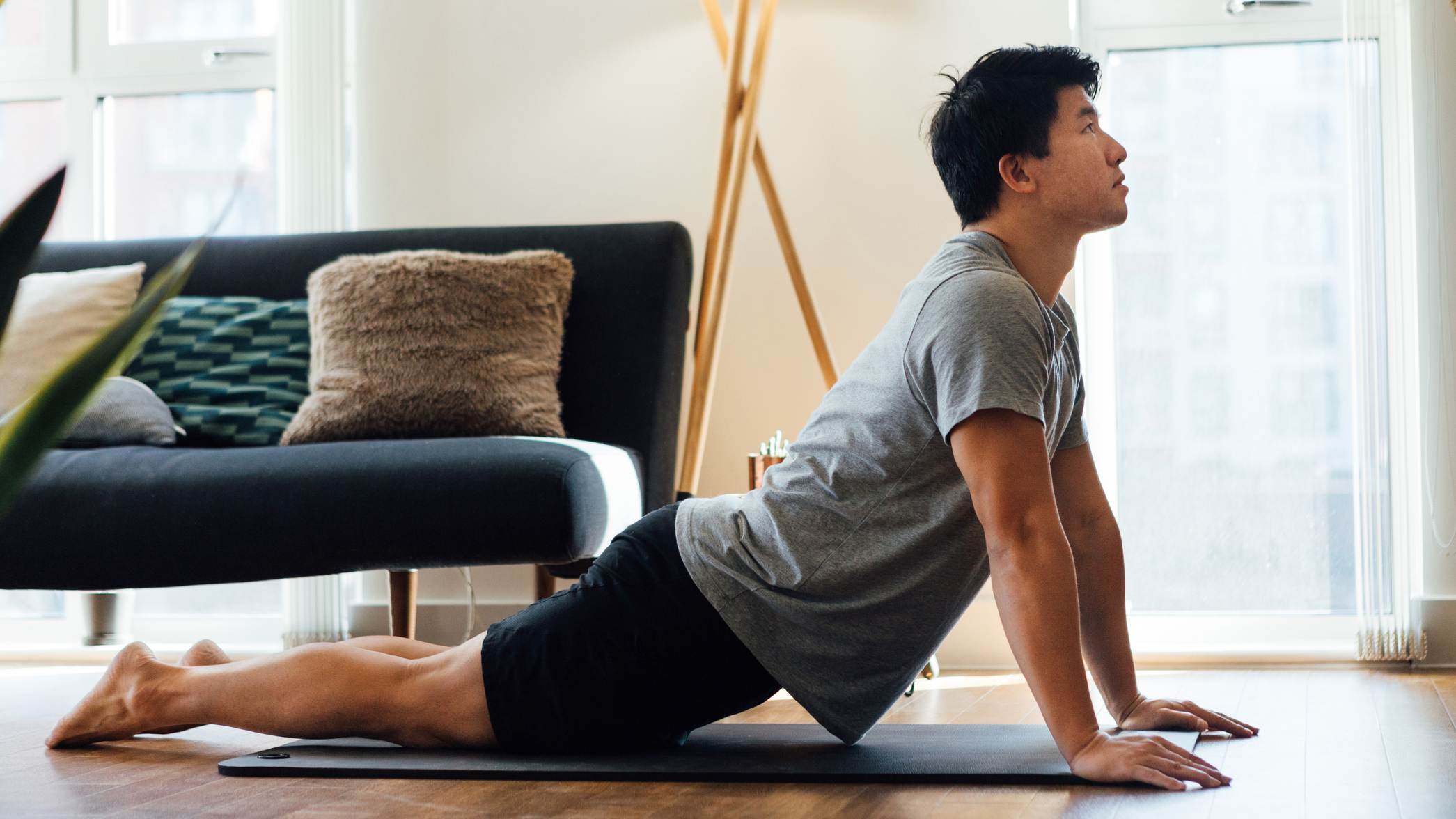Stress stops us from working out, even though exercise can help mental health
Exercise and workouts are great for our minds, but our biggest obstacles are ourselves


Who doesn't want to kick anxiety and stress to the curb with a good workout? And with the pandemic still on, this is one of the most stressful, anxious periods in many of our living memories.
Sometimes, getting outdoors and running (especially with good support, such as the best running shoes for men and best running shoes for women) can really benefit our mental health. If you can get back to an open gym near your, there's nothing quite like a weight training session or a go on the punchbag to really boot stress to the curb.
However, often the same thing we want to eliminate (stress, anxiety and symptoms of depression) can stop us exercising in the first place. According to a new study published by researchers from McMaster University, it's a paradox that mental health has become both a barrier to and a reason for exercise.
The researchers looked at people with psychological stress and moderate levels of anxiety and depression caused by the pandemic, and examined how it affected them when it came to exercise. On average, aerobic activity was down about 20 minutes each week, while strength training was down roughly 30 minutes per week (presumably, because access to gyms has been halted in most places).

Sedentary time, on the other hand, had risen about 30 minutes per day compared to six months before COVID.
Jennifer Heisz, lead author of the study, said: "Maintaining a regular exercise program is difficult at the best of times and the conditions surrounding the COVID-19 pandemic may be making it even more difficult.
"Even though exercise comes with the promise of reducing anxiety, many respondents felt too anxious to exercise. Likewise, although exercise reduces depression, respondents who were more depressed were less motivated to get active, and lack of motivation is a symptom of depression."
Start your week with achievable workout ideas, health tips and wellbeing advice in your inbox.
It's a vicious circle: the more stressed and anxious we are, the less likely we are to exercise; the less we exercise, the more stressed and anxious we are. The only way out is through. If this is resonating with you, it sounds as though you need an exercise you can do quickly, is accessible, and guaranteed to reduce your stress. We recommend this 15-minute beginner's yoga flow: all you need is some comfortable clothes, 15 minutes and one of our best yoga mats to get started.
Matt Evans is an experienced health and fitness journalist and is currently Fitness and Wellbeing Editor at TechRadar, covering all things exercise and nutrition on Fit&Well's tech-focused sister site. Matt originally discovered exercise through martial arts: he holds a black belt in Karate and remains a keen runner, gym-goer, and infrequent yogi. His top fitness tip? Stretch.
